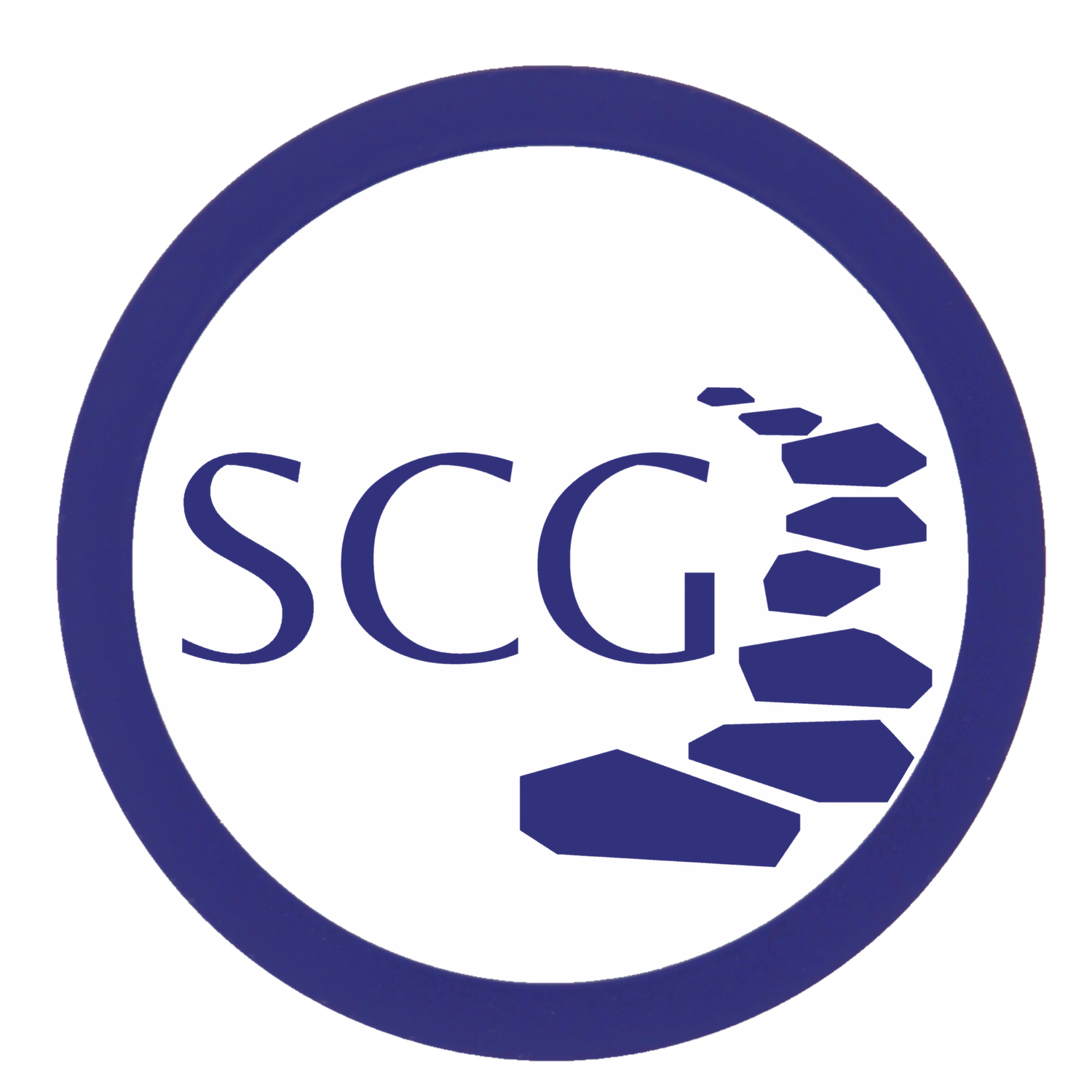All Means All
As a young African American girl growing up in a rural, southern town, I thought life was great! From dangling from my grandmother’s apron as she hung freshly washed clothes to dry in the warm summer’s sun, to buying penny candy at the local general store, to playing hopscotch with my siblings and neighborhood friends, to riding in the back of Mr. Calvin Edward’s pickup truck to and from Sunday School, I believed I was living the good life. During Black History Month in my local church, we were encouraged to give speeches and to dress up as historical African American men and women who had integral roles in moving the African American race forward. I believed this to be a tradition that all cultures practiced. At such a young age, I did not understand the significance of why we celebrated Black History Month.
In my formative years, I learned of the hardships and challenges that African Americans faced. Terms like oppression, generational trauma, racial injustice and hate became a conversation piece at family dinners. It was then that I learned I was “different” not because I was not kind, respectful, smart, or caring, but because I identified as African American. When I came into the knowledge of this, I resolved to not be labeled as “different.” In the words of the late, great Dr. Martin Luther King, Jr. I knew that I did not want to be “judged by the color of my skin, but rather by the content of my character.” How could I have known that this infamous quote by Dr. King would guide the work that I do with my clients as a clinical mental health counselor.
Some 300 years later, African Americans continue to face systemic oppression, as well as covert and overt racism. This is evident in law, education, and the policing system. Considering this is Black History Month, it is important to emphasize the work that counselors do with clients of African American descent. It is widely known that individuals belonging to the Black Community do not trust easily. This is evident in the Tuskegee Experiment Project wherein African American men were recruited for research under the guise of being treated for syphilis. The remnants of this unethical treatment at the hands of the American government still holds true. Hence, the reason some African Americans are hesitant to trust the Covid-19 vaccine.
Counselors should know that concepts inclusive of a strong family bond, religion, kinship and community are highly regarded in the African American culture. Counselors must consider that Western approaches to therapy may not readily align with the values held in the Black community. To address this, best practices suggest building a strong therapeutic alliance by showing empathy, genuineness, unconditional positive regard and taking a direct stance. When trained correctly, counselors have a unique opportunity to affect positive change by engaging and empowering African American children and families.
One concept that counselors should be familiar with regarding working within the African American community is transgenerational trauma. Transgenerational Trauma is defined as the unconscious, phenomenological experiences of individuals affected by traumas passed on to them by generations before them (Alexander, 2019). African Americans often experience transgenerational trauma as a result of the slave narratives that have been handed down to them from generation to generation. Thus, it is not uncommon for individuals belonging to the Black community to experience feelings of anger, anxiety, hate, and/or hypervigilance. It is imperative that clinicians are aware of this, as the symptoms could be mistaken for a mental illness.
To assist with best practices when working with marginalized populations such as the African American community, The Association for Multicultural Development (AMCD) has offered the following as standards for professional practice: (1) counselor awareness of own cultural values and biases, (2) counselor awareness of client’s worldview, and (3) the use of culturally appropriate intervention strategies (AMCD, 2015). Further, the American Counseling Association (ACA) (2014) Code of Ethics states that “counselors actively attempt to understand the diverse cultural backgrounds of the clients they serve. Counselors also explore their own cultural identities and how these affect their values and beliefs about the counseling process (Standard A). Moreover, Standard C.5 of the ACA (2014) Code of Ethics states that, “counselors do not condone or engage in discrimination against prospective or current clients…..based on age, culture, disability, ethnicity, race, religion/spirituality, gender, gender identity, sexual orientation, marital/partnership status, language preference, socioeconomic status, immigration status, or any basis proscribed by law.”
Thus, here at Sanctuary Counseling Group, ALL means ALL! Our clinicians strive to foster an environment inclusive of diversity, equity and inclusion. We strive to follow the example of Christ by showing compassion, being nonjudgmental, an active listener, wise (knowledgeable), genuine/authentic, having divine providence (care) and unconditional positive regard.
Although great strides have been made to level the playing field for marginalized populations such as the Black community, more work remains to be done.
References
Alexander, A. (2018). Examining the legacy of transgenerational trauma and its effects on contemporary african american adults in parenting and caregiver roles to african american adolescents. (Doctoral dissertation, Duquesne University). Retrieved from https://dsc.duq.edu/1487.
American Counseling Association (2014). ACA Code of Ethics. Alexandria, VA: Author.
Ratts, M. J., Singh, A. A., Nassar-McMillan, S., Butler, S. K., & McCollough (2016). Mulitcultural and social justice counseling competencies: Guidelines for the counseling profession. Journal of Multicultural Counseling and Development, 44(1): 28-28.
